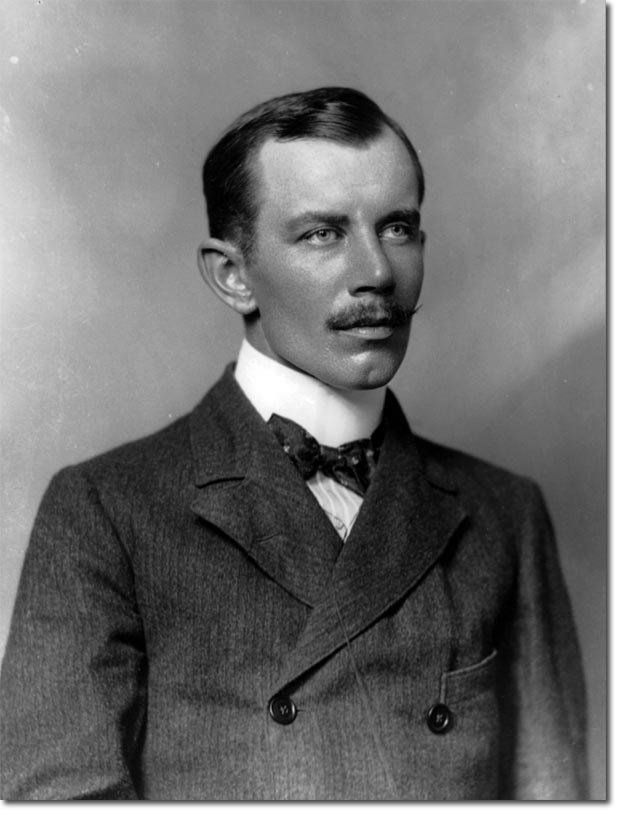|
|


|
|
In 1909 Girouard accepted the governorship of the British East Africa Protectorate. The Colonial Office was much concerned at the military costs and violence of 'pacification', an inevitable consequence of policies favouring white settlers in the protectorate. Girouard's Northern Nigerian experience was thought to be a reassuring check on such activities. But even more it was his reputation as a railway administrator that once again won him the job, for east Africa was burdened by the large capital costs of the railway from the coast at Mombasa, completed in 1901. This was constructed largely for military motives to bind landlocked Uganda to the British empire. The railway's costs far exceeded receipts, however, and the search to solve this problem had already led to the somewhat desperate remedy of settling white men with capital in the Kenya highlands in the hope that they would develop agricultural crops for export and import goods from Europe, which might make the railway solvent. Girouard, whatever his ideas in Nigeria, became convinced that in east Africa increased white settlement was the only solution to make the railway pay, and the protectorate's finances viable. At the same time he wanted to develop African traditional institutions towards some kind of 'indirect rule', and to prune those officials whom he regarded as dead wood. He thus won considerable settler support, unlike most of his predecessors. When Girouard initiated a mass removal of Maasai herdsmen there was missionary opposition, and opposition in Britain from humanitarian lobbies fed with information by disgruntled local officials. Girouard proved stubborn when the Colonial Office attempted to rein in his pro-settler actions. Finally, in 1912, the Colonial Office, convinced that Girouard had misled them about promises of Maasai land to white settlers, forced his resignation.
Photograph courtesy of Musee McCord |
Armed Forces | Art and Culture | Articles | Biographies | Colonies | Discussion | Glossary | Home | Library | Links | Map Room | Sources and Media | Science and Technology | Search | Student Zone | Timelines | TV & Film | Wargames